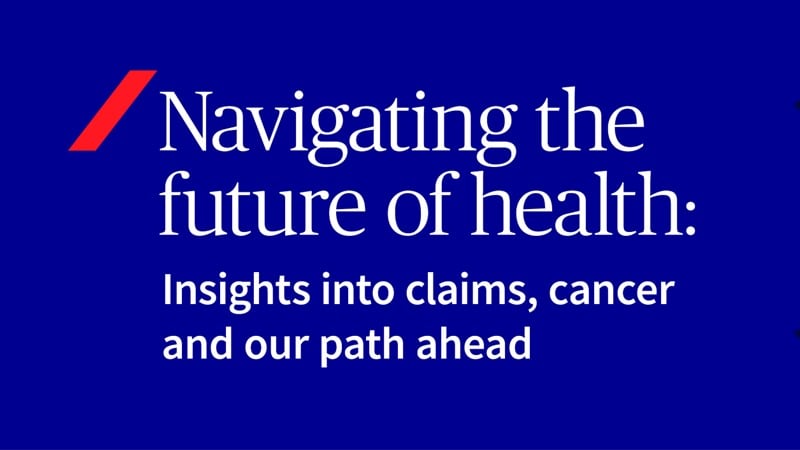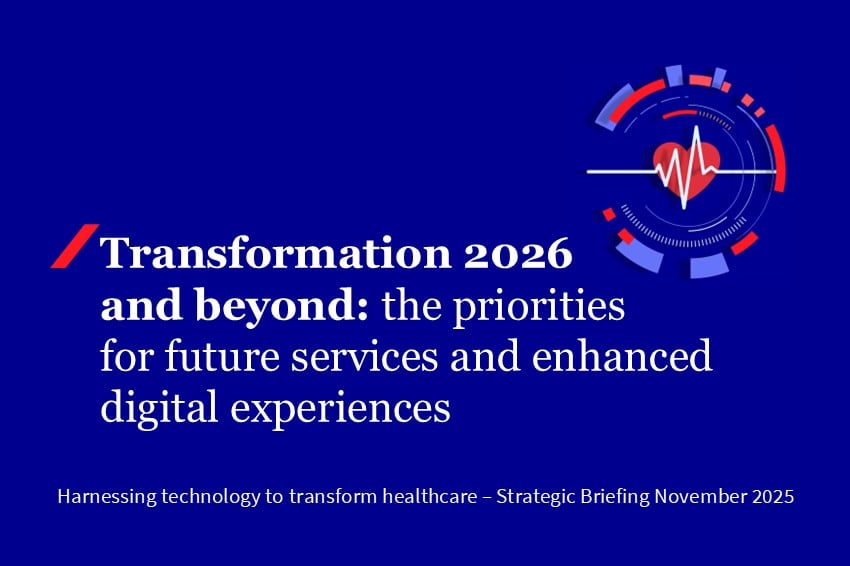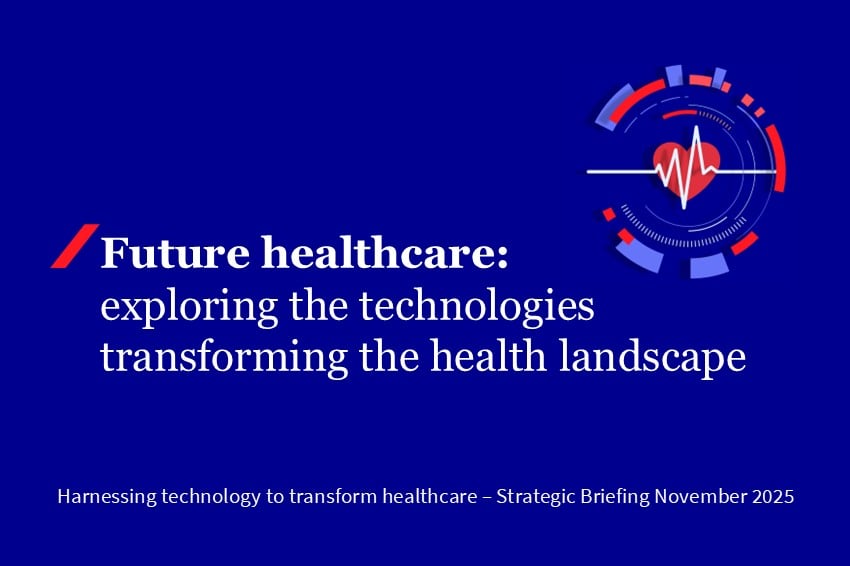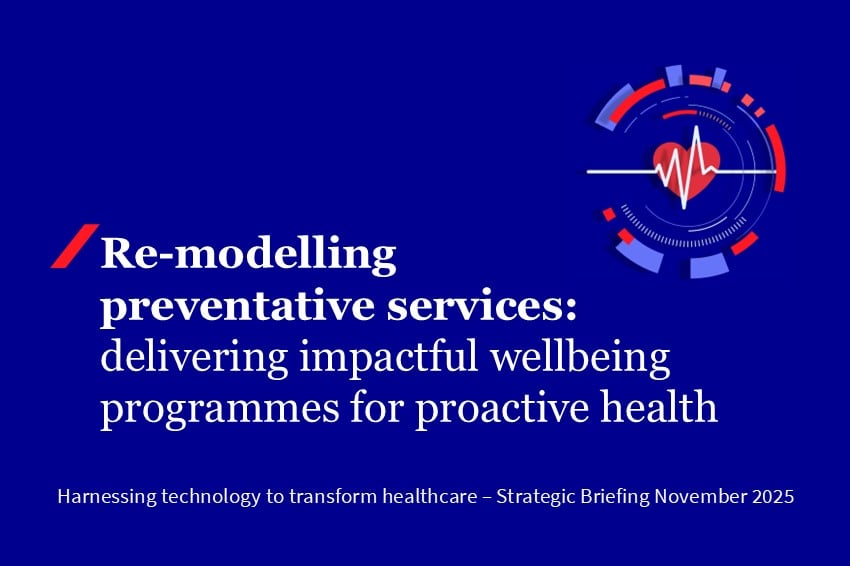We’re working together with digital-health app provider Peppy¹ to help people find their way more confidently through life’s most personal challenges. The fertility, early parenthood, and menopause support service gives your people direct access to expert and confidential support.
In this exclusive interview, Janet Wingfield, Lead Menopause Practitioner at Peppy, shares her views on why offering early, proactive menopause support is essential for today’s workplace.
Women aged 45–55 are the fastest-growing segment of the UK workforce – experienced, skilled, and often in senior roles. Yet one in ten leave their jobs due to menopause, and many more quietly step back. Symptoms can start in the mid-30s and last for years. Stigma and silence mean many go unsupported – costing employers in lost talent, reduced productivity, and higher absence. With legal reform on the horizon and rising expectations from employees, menopause should be a business-critical priority.
Menopause at work: the hidden business risk
Menopause might not show up directly on a balance sheet, but its impact is deeply felt throughout organisations.
“People are working through insomnia, anxiety, hot flushes, memory lapses, brain fog – often without telling a soul,” says Janet. “Workplace stigma often means they’re powering through in silence, but at what cost?”
Research shows:
- Three in five menopausal women report negative impacts on their work
- 87% want their employer to be more supportive when it comes to women’s health
- Nearly one million have left the workforce due to menopause
- Eight in ten women with five or more difficult symptoms said they have lost motivation at work
In an age where every business is competing for talent, especially experienced leaders, this silent exodus is a crisis hiding in plain sight.
Legal change is coming – are you ready?
The proposed Employment Rights Bill will require employers to treat menopause as a protected characteristic and make workplace adjustments – just as they would for pregnancy or disability for example.
But Janet believes HR leaders shouldn’t wait for legislation to act. “Good support is showing your people they matter. When you get it right, you retain brilliant people and gain a reputation as a truly inclusive employer.”
What does proactive support look like and why is it important?
Too often, organisations wait until someone flags a problem – by then it’s often too late.
“People don’t always raise their hand. They just quietly disengage or leave,” Janet explains.
Proactive support means:
- Meeting people wherever they are: from perimenopause to post-menopause, each phase needs tailored support.
- Equipping managers: give them the tools to respond with empathy and signpost to support.
- Offering expert-led care: from lifestyle advice to clinical input, early intervention can significantly reduce symptom severity and prevent escalation.
- Creating flexible policies: small tweaks, like time off or uniform changes, make a big difference.
- Addressing age assumptions: with 3% of women experiencing menopause before 40, organisations should ensure younger employees feel included in conversations and support systems.
“Menopause affects trans and non-binary people as well,” says Janet. “Experiences also vary across ethnic and cultural groups. We need to meet everyone where they are.”
The ROI of doing the right thing
Proactive menopause support is good for your people but it makes commercial sense too.
“Employers tell us they’ve seen reduced sickness absence, higher engagement, and improved retention of senior female talent,” Janet notes. “Often, the investment pays for itself.”
Replacing staff is expensive: typically 75–200% of an annual salary, depending on the role, seniority and industry. But the stakes are significantly higher when the leaver is a senior woman at the peak of her career - organisations lose experience, mentorship and stability – assets that take years to rebuild.
With women aged 45–55 now the fastest-growing workforce demographic, and often holding critical leadership roles, failing to support them through menopause is a business risk with long-term consequences.
What HR leaders can do today
Janet shares five impactful actions every leader can take now to move from reactive to proactive support – and stay ahead of the Employment Rights Bill.
- Put menopause on the agenda – loudly. Kickstart honest, inclusive conversations. Host myth-busting sessions, include menopause in your wellbeing calendar, and brief your leadership team on the risks of inaction.
Prepare your people. Don’t wait until someone is struggling – educate all employees on what to expect and how to optimise their health. Early preparation empowers people to take control of their menopause journey. - Interrogate your benefits and embrace holistic care. Ask yourself: is our support meaningful, can we do more and complement existing services? Is it menopause-specific and easy to access? Effective rounded support on body, mind and life alongside clinical options makes a difference.
- Empower managers before it’s a problem. Don’t wait for someone to come forward. Equip line managers with confidence-building tools, real-life scenarios and clear signposting pathways.
- Future-proof your policies and track what matters. Review workplace policies for flexibility and start tracking engagement, feedback, and outcomes. Use this data to prove ROI, shape strategy and protect both people and budgets.
The takeaway
The conversation has started, awareness is growing, and expectations are shifting fast. Employers that act now can protect their people, safeguard performance, and position themselves as truly progressive.
As Janet puts it: “The smartest leaders are acting now, because they understand that investing in menopause support is a strategic business decision. The cost of doing nothing is already showing up in their workforce. But the organisations that get this right are retaining their best people and attracting them too.”
¹App users must be 18 or over.











